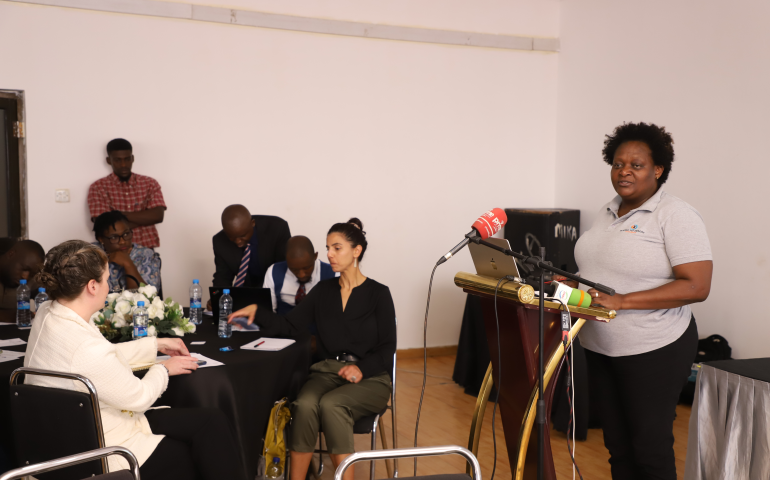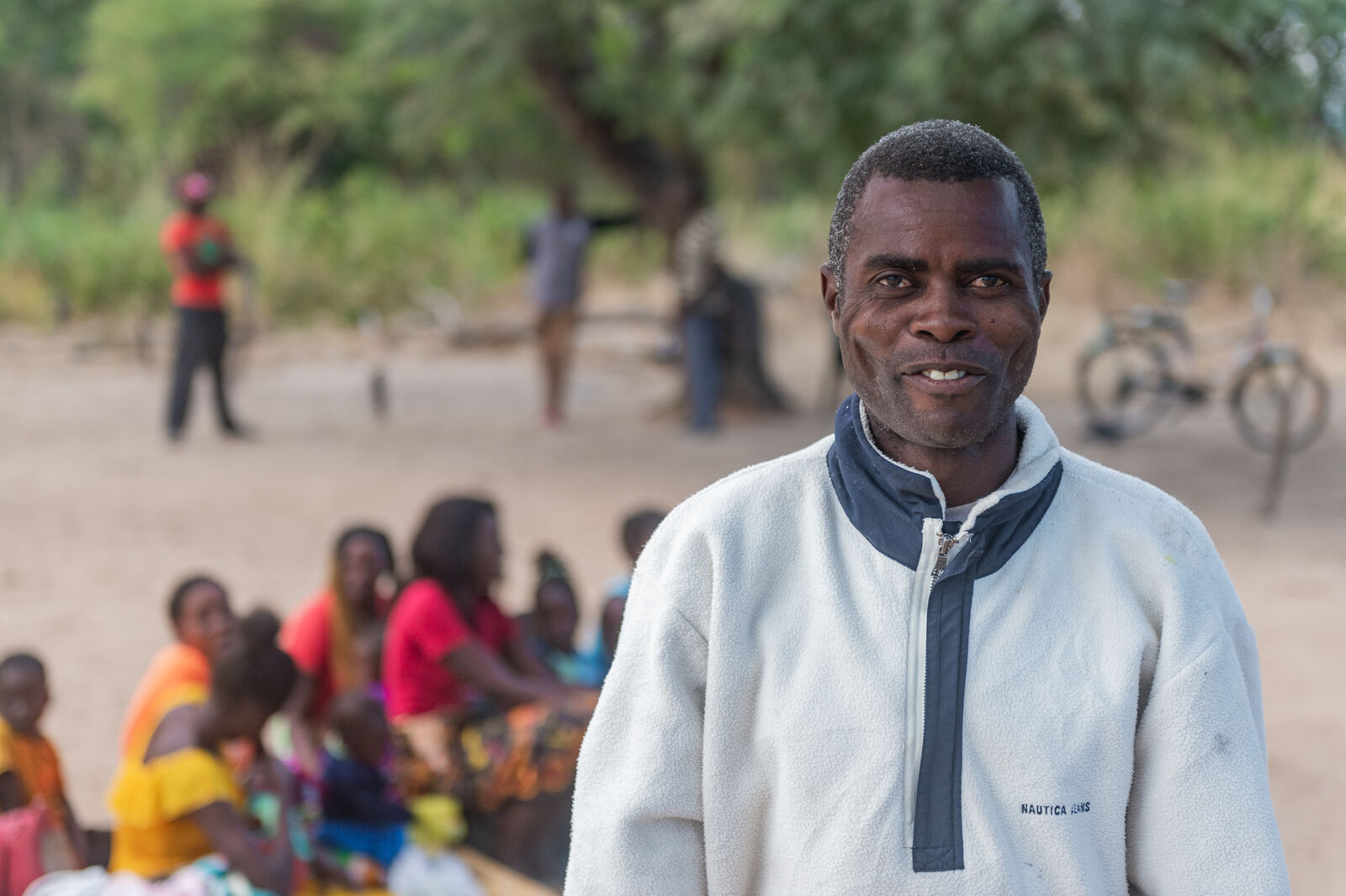Nutrition plays a critical role in a child’s development, yet many children—especially those with disabilities and those living in childcare facilities—still face significant barriers to receiving the nourishment they need to grow and thrive.
On 4th February 2025, Access to Health Zambia, in partnership with SPOON, conducted a dissemination meeting at Mika Kabulonga to share the findings from a study on improving nutrition and feeding for children with disabilities and those in childcare facilities in Zambia.
The event brought together key stakeholders, including representatives from the Ministry of Health, the Ministry of Community Development and Social Services, National Food and Nutrition Commission, and various civil society organizations. All united by the shared goal of improving nutrition for children with disabilities and those in childcare facilities or at risk of family separation.
During the event, Access to Health Zambia’s Chief Executive Officer, Mrs. Batuke Walusiku-Mwewa, recommended the collective efforts of SPOON and key government partners, including the Ministry of Community Development and Social Services and the Ministry of Health, in working towards improving the nutrition and feeding of vulnerable children.
“Every child, regardless of ability or circumstance, deserves access to adequate nutrition and care,” emphasized Mrs. Walusiku-Mwewa, calling on all stakeholders to move beyond discussions and take actionable steps toward addressing the nutrition and feeding challenges faced by children with disabilities and those in residential care. She reinforced the importance of collective responsibility to ensure no child is left behind.

Carolyn Moore, SPOON’s Director of Policy and Advocacy, echoed this urgency, emphasizing the importance of disability inclusion in nutrition programs. She highlighted Count Me In, a digital tool designed to improve nutrition and feeding services and practices for children with disabilities and those in childcare facilities.
She further urged the national trainers to utilize the “Count Me In” application to help train caregivers and healthcare professionals in overcoming feeding challenges for children with disabilities.

About the Research
The team presented the findings of the study conducted from June 2017 to August to assess the nutrition and feeding status of children with disabilities and those in childcare facilities in Zambia.
The study was carried out across 22 childcare facilities in Lusaka, Southern, Central, and Copperbelt provinces, as well as three health centers and ten community-based rehabilitation centers. A total of 397 children living in childcare facilities and 483 children with disabilities in family care were evaluated.
Among the children assessed, those under five in childcare facilities and those with disabilities were found to have significantly higher rates of undernutrition compared to national averages. Through qualitative interviews with caregivers and staff, the research also highlighted common feeding practices and systemic barriers preventing proper nutrition.
Many of the children exhibited signs of malnutrition, anemia, and stunted growth. These issues may be linked to improper feeding techniques, limited access to nutrient-rich foods, and barriers to accessing nutrition services.
These results underscored the urgent need for intervention and highlighted the importance of creating more inclusive and effective nutrition policies and programs.
The Roadmap for Action
A panel of government and civil society representatives discussed the way forward, and the event concluded with a roadmap for action to:
- Prioritize children with disabilities and children without family care in nutrition strategies.
- Scale up training and tools like ‘Count Me In’ to ensure no child is left behind.
- Strengthen the support systems around children to improve their nutrition and feeding.
- Expand data collection and research to continually monitor and address nutrition challenges.

The event was not just a dissemination of research findings and an exchange of ideas; it’s a call to action—a reminder that behind every statistic is a child whose future depends on the decisions made today. Access to Health Zambia and SPOON reaffirmed their commitment to ensuring that every child, regardless of their circumstances, receives the nourishment they need to grow and thrive.
Through this partnership, we are working together to create a more inclusive, impactful approach to child nutrition in Zambia.
For more information on the research and findings, click on the presentation attached.




